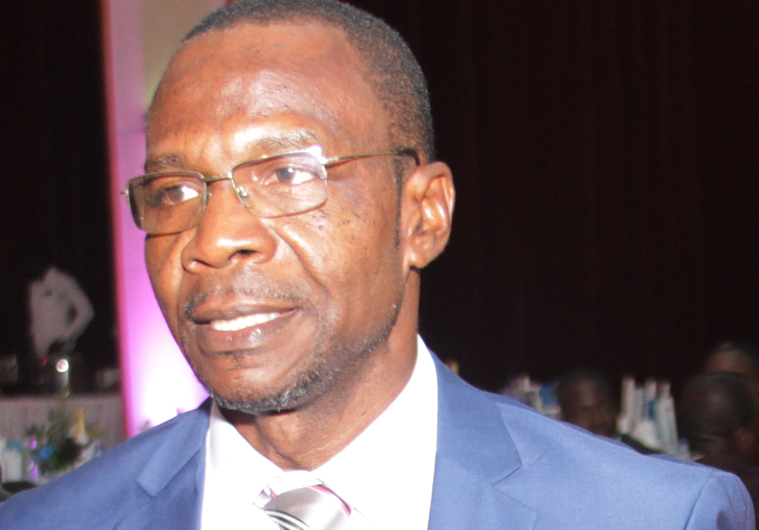For a country that ranks high in Africa and even the world for being one of the best nations to practice democracy, Ghana’s press scene has been appalling in recent years, to say the least.
Ghana has dropped 30 places on the World Press Freedom Index for 2022 and finds itself at the 60th position.
The last time the nation ranked this low was 17 years ago when it ranked at 66th position in 2005. According to Reporters without Borders (RSF), regardless of Ghana being considered a regional leader in democratic stability, journalists in the nation are experiencing growing pressures in recent years.
The issue of Ghana’s journalism scene not performing well can be attributed to fake news and unprofessionalism among others on the part of journalists. Ethics and integrity have to be the two most important attributes of journalists, and it is noteworthy that journalists should strive to ensure the free exchange of information that is deemed accurate and fair.
The Society of Professional Journalists (SPJ) code of ethics declares four principles as the foundation of ethical journalism and encourages their use by all persons in media today.
These codes are to:
1. Seek truth and report it
2. Minimise harm
3. Act Independently
4. Be Accountable and transparent.
Displaced Loyalties
These ethics are not often used as guidelines in the practice of journalism in Ghana due to the issue of ownership and the political affiliations of journalists. One-third of media outlets in the country are owned by politicians or by people tied to politicians and political parties. Due to this, relevant news ends up being suppressed and never makes it to the mainstream as the purpose of journalists being the watchdogs has shifted to getting more viewership and readership at the expense of quality.
The few journalists who do not work for media outlets or firms owned by politicians, who seek to go about their work the right way receive death threats whiles some are even apprehended.
On the issue of fake news, all centres around competition and the eagerness to make a living off journalism. Due to the influx of new media, journalism has become a practice that almost anybody can go into. All one needs is a social media platform to post journalistic pieces.
Candle of Hope
But all hope is not lost as there remain still some journalists who go about their business ethically and with all professionalism as the Ghana Journalists Association (GJA) has prescribed in its Code of Ethics. It is these stars in the dark sky who give the hope that the press scene can be made ‘clean’ again if as a country, we practice what our constitution preaches concerning press freedom.


[…] recent times, journalism in Ghana has been a very risky profession, with journalists like Ahmen Suale being killed, while other journalists have been threatened and […]